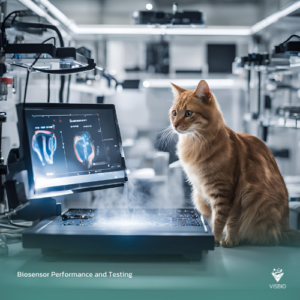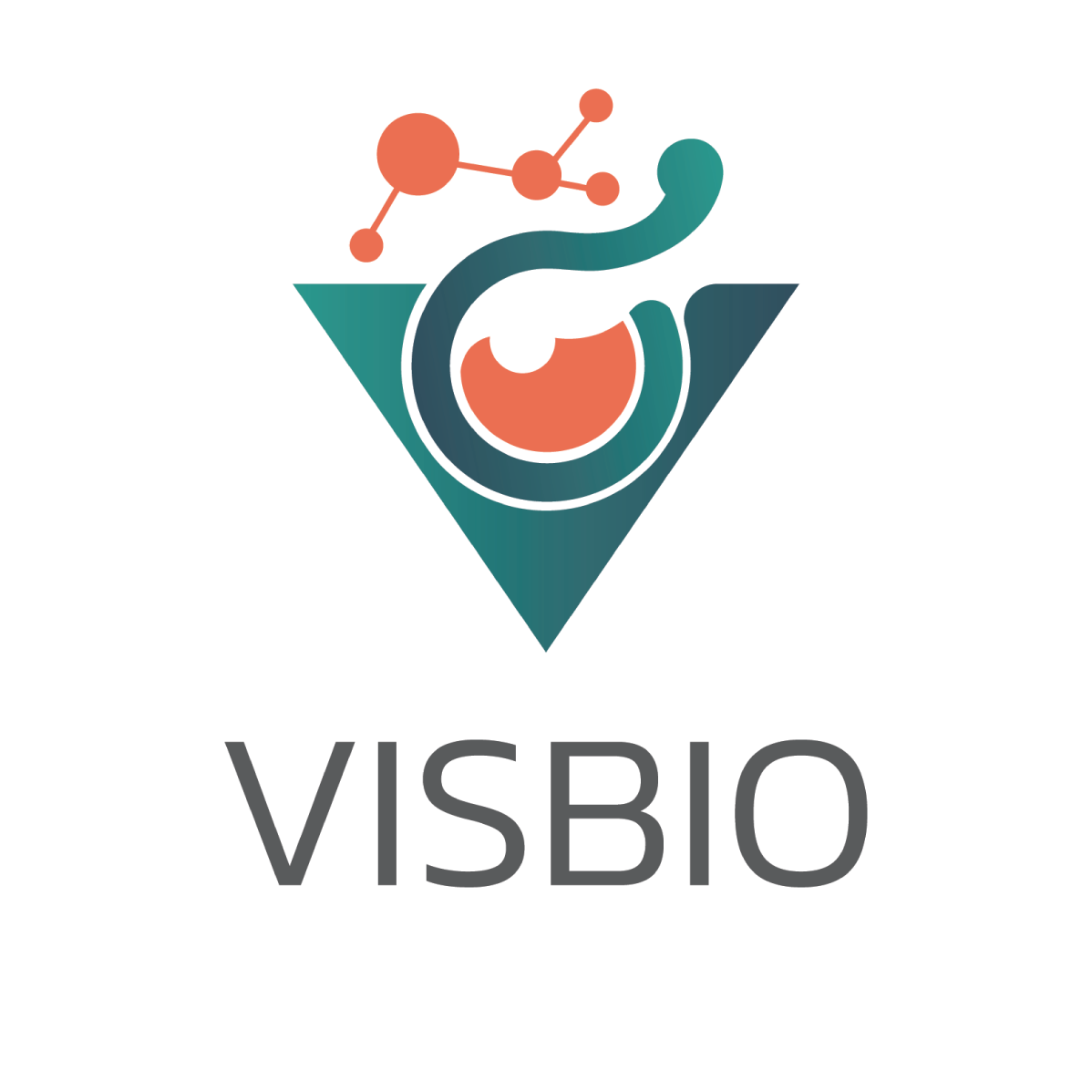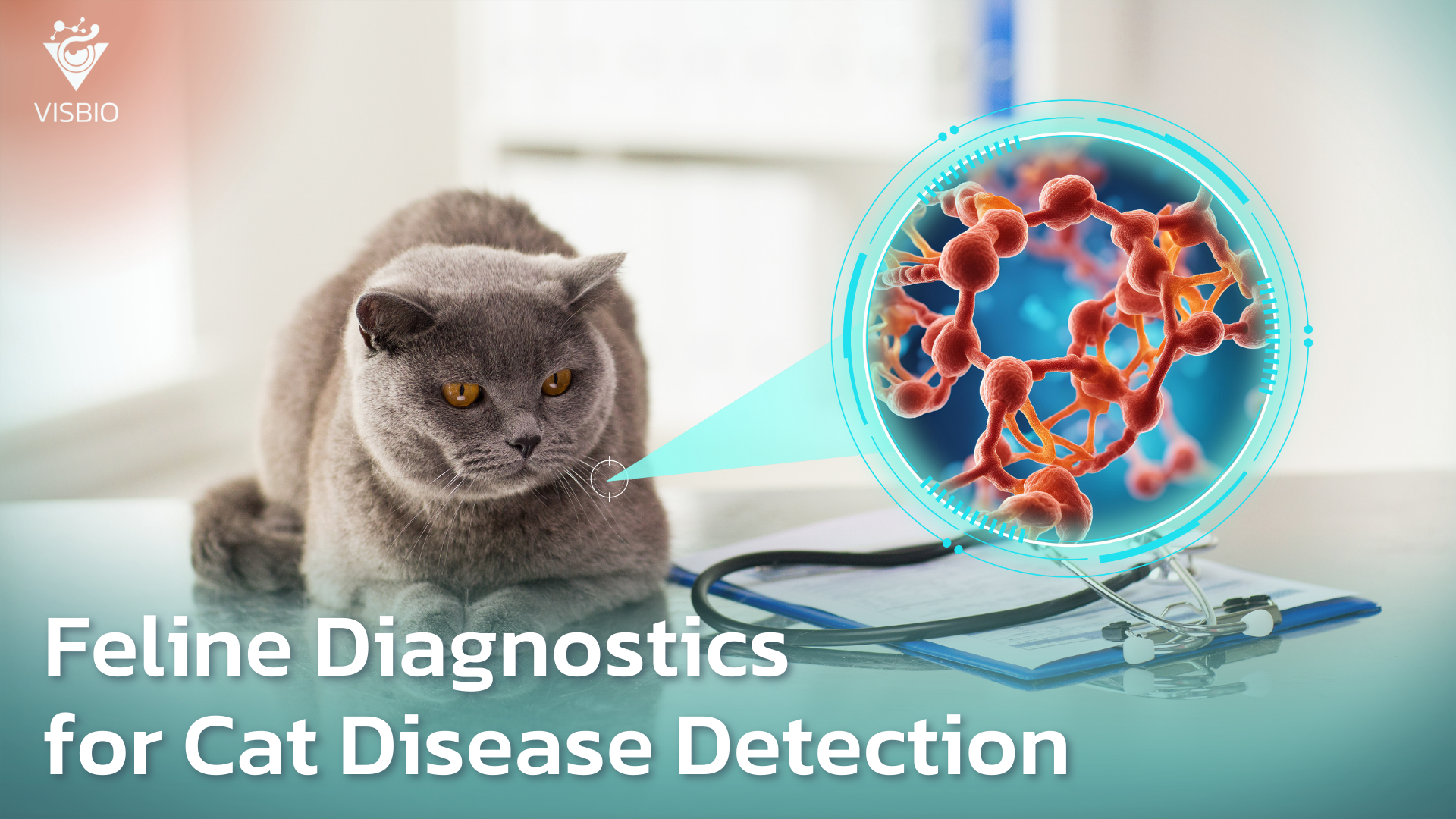Original Paper: Generation of a Single-Chain Variable Fragment Antibody against Feline Immunoglobulin G for Biosensor Applications
The Need for Advanced Feline Disease Diagnostics
In veterinary medicine, early detection of infectious diseases in cats, such as feline immunodeficiency virus (FIV) and feline leukemia virus (FeLV), is critical to effective treatment and prevention. However, current diagnostic tools often rely on traditional antibodies that are costly and time-consuming to produce. This creates a demand for more efficient, cost-effective solutions that can be rapidly developed and easily deployed. The research by Dr. Kiattawee Choowongkomon and his team focuses on creating single-chain variable fragments (scFv), a type of engineered antibody, specifically targeting feline immunoglobulin G (IgG). These scFvs are designed for use in biosensors that could revolutionize veterinary diagnostics by providing quicker, more reliable results.
The Role of scFv Technology in Veterinary Medicine
What Are Single-Chain Variable Fragments?

Single-chain variable fragments (scFv) are engineered proteins that combine the variable regions of antibody light and heavy chains into a single, smaller molecule. This structure allows scFvs to retain the specificity of full-sized antibodies while being more stable and easier to produce. The research team used phage display technology to select scFvs that bind specifically to feline IgG, a key component of the immune response in cats. This binding capability makes scFvs ideal candidates for developing biosensors that can detect feline infectious diseases with high sensitivity and specificity.
Development and Application of the scFv-Based Biosensor
From Phage Display to Biosensor Integration

The team utilized a phage display library to identify scFvs that selectively bind to feline IgG. After three rounds of selection and testing, two promising scFv clones, N8 and N14, were identified. The N14 clone, in particular, demonstrated strong binding to feline IgG and was further developed for use in a biosensor application. The research involved expressing and purifying the N14 scFv in a bacterial system, followed by its fusion with alkaline phosphatase (AP) to enhance detection capabilities.
Biosensor Performance and Testing

The resulting scFv-AP fusion was tested using various biochemical assays, including surface plasmon resonance (SPR) and electrochemical impedance spectroscopy (EIS), to evaluate its binding affinity and detection limit. The biosensor demonstrated the ability to detect feline IgG at levels as low as 10.4 nM, which is well within the range required for effective disease diagnosis in cats. This high sensitivity, combined with the specificity of the scFv-AP, positions this biosensor as a powerful tool for veterinary diagnostics.
What Does This Mean for Your Business?
Enhancing Veterinary Diagnostics
 For veterinary clinics, diagnostic laboratories, and companies involved in animal health, integrating advanced biosensor technology into your services can significantly improve diagnostic accuracy and speed. The development of scFv-based biosensors offers a cost-effective alternative to traditional diagnostic methods, reducing the reliance on expensive antibodies and labor-intensive procedures. This can lead to quicker diagnoses, enabling more timely treatments and better outcomes for feline patients.
For veterinary clinics, diagnostic laboratories, and companies involved in animal health, integrating advanced biosensor technology into your services can significantly improve diagnostic accuracy and speed. The development of scFv-based biosensors offers a cost-effective alternative to traditional diagnostic methods, reducing the reliance on expensive antibodies and labor-intensive procedures. This can lead to quicker diagnoses, enabling more timely treatments and better outcomes for feline patients.
Reducing Costs and Increasing Efficiency
 By adopting scFv-based biosensors, your business can lower operational costs while maintaining or even improving diagnostic accuracy. These biosensors are not only less expensive to produce but also easier to scale, making them an ideal choice for large-scale deployment in veterinary practices. Faster and more reliable diagnostics also mean more efficient use of resources, allowing your business to serve more clients with higher satisfaction rates.
By adopting scFv-based biosensors, your business can lower operational costs while maintaining or even improving diagnostic accuracy. These biosensors are not only less expensive to produce but also easier to scale, making them an ideal choice for large-scale deployment in veterinary practices. Faster and more reliable diagnostics also mean more efficient use of resources, allowing your business to serve more clients with higher satisfaction rates.
Strengthening Client Relationships and Trust
 Offering state-of-the-art diagnostic tools like scFv-based biosensors can enhance your reputation as a leader in veterinary care. By providing pet owners with more accurate and timely diagnoses, you build trust and confidence in your services, which can translate into long-term client relationships and increased business growth.
Offering state-of-the-art diagnostic tools like scFv-based biosensors can enhance your reputation as a leader in veterinary care. By providing pet owners with more accurate and timely diagnoses, you build trust and confidence in your services, which can translate into long-term client relationships and increased business growth.
A New Era in Feline Disease Detection
The development of single-chain variable fragment antibodies for use in biosensors represents a significant advancement in veterinary diagnostics. These biosensors offer a unique combination of high sensitivity, specificity, and cost-effectiveness, making them an ideal tool for detecting infectious diseases in cats. As the demand for more efficient and reliable veterinary diagnostics grows, scFv-based biosensors could become a cornerstone of modern veterinary medicine.
Partner with Us to Innovate Veterinary Diagnostics
Dr. Kiattawee Choowongkomon and his team are at the forefront of developing next-generation diagnostic tools for veterinary medicine. If your organization is looking to invest in innovative research with the potential to transform animal healthcare, we invite you to collaborate with us. Contact us today for a free consultation and explore how our research can be applied to your business needs.
About the Author
 Associate Professor Dr. Kiattawee Choowongkomon is a renowned expert in biochemistry, specializing in protein engineering, biosensors, and diagnostic tool development. Through research collaborations with leading institutions both in Thailand and internationally, Associate Professor Dr. Kiattawee is committed to advancing scientific research with real-world applications.
Associate Professor Dr. Kiattawee Choowongkomon is a renowned expert in biochemistry, specializing in protein engineering, biosensors, and diagnostic tool development. Through research collaborations with leading institutions both in Thailand and internationally, Associate Professor Dr. Kiattawee is committed to advancing scientific research with real-world applications.
About the Research
The research paper, Generation of a Single-Chain Variable Fragment Antibody against Feline Immunoglobulin G for Biosensor Applications, details the successful development of an scFv-based biosensor platform for detecting feline IgG, which holds great potential for veterinary diagnostics.
For further reading, the full paper is available at DOI: 10.1021/acsomega.3c03581.


